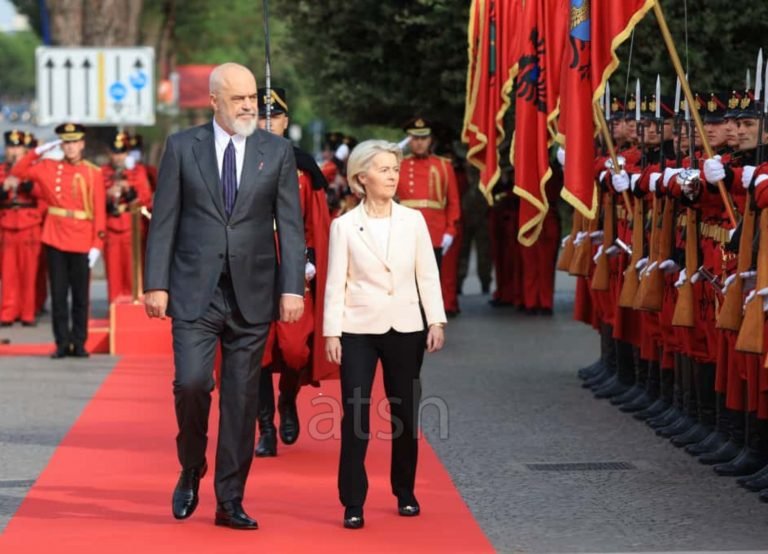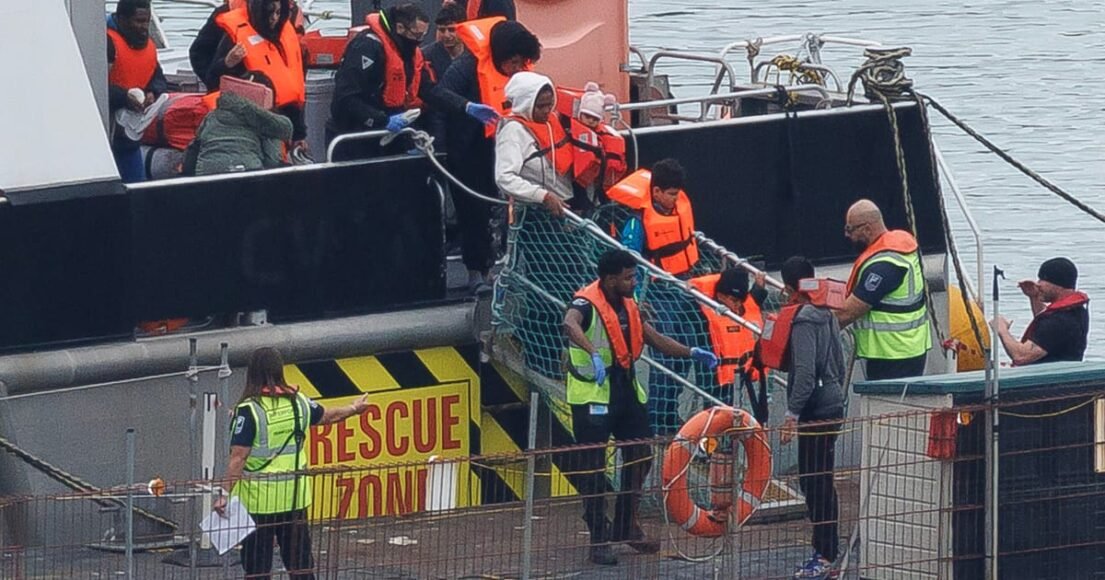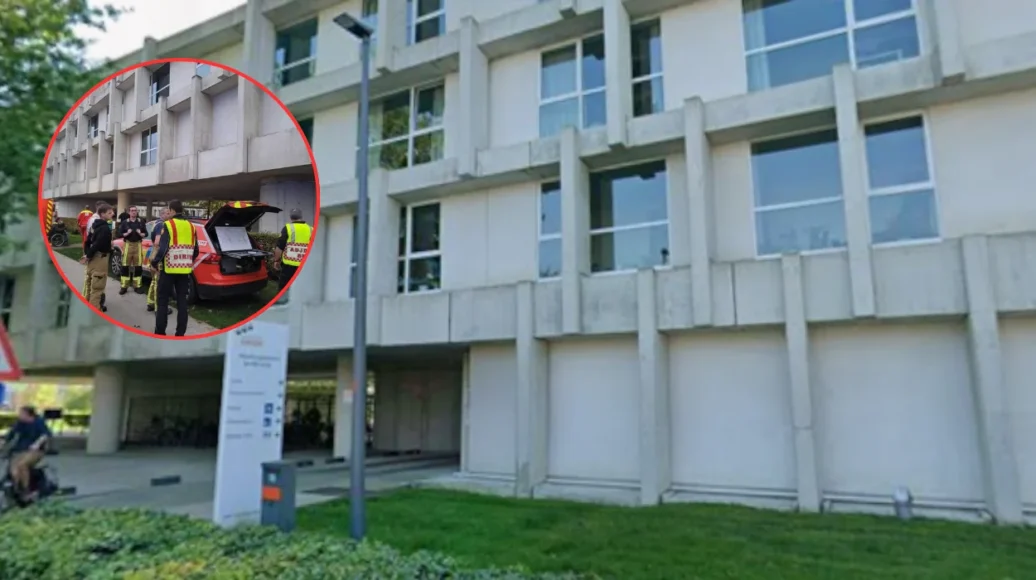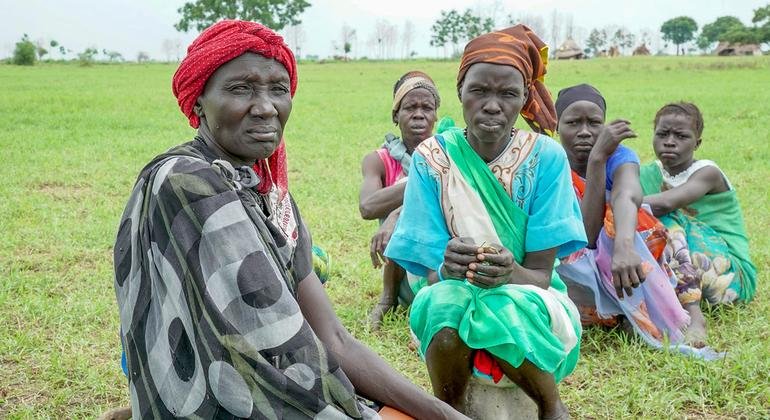The Commission on Human Rights in South Sudan warned of escalating tensions following a mission to the African Union (AU) headquarters in Addis Ababa, Ethiopia.
South Sudan became independent from Sudan in July 2011, but conflict erupted in late 2013 between forces loyal to President Salva Kiir and his rival, Riek Machar.
Though a peace agreement ended the war and a unity government was formed, tensions flared this year after the arrest of Machar, the First Vice President and main opposition leader.
Peace progress stalled
The Commission reported that South Sudan’s political leaders have intentionally hindered peace progress despite a decade of AU and regional efforts.
Armed clashes now occur on a scale unseen since the 2017 ceasefire, with civilians suffering from human rights abuses and displacement.
The “justice and accountability vacuum” continues to drive political stubbornness, impunity, conflict, and corruption.
A recent Commission report showed corruption and resource diversion remain major conflict drivers.
Leadership failure
Barney Afako led the mission, stating that the political crisis, increasing fighting, and “unchecked, systemic corruption” signal a leadership failure.
He warned, “Unless there is immediate, sustained, and coordinated political engagement by the region, South Sudan risks reverting to full-scale conflict with severe human rights consequences for its people and the region.”
“South Sudanese look to the African Union and the region for rescue from a preventable fate,” he added.
Search for justice
In discussions with AU officials, the Commission stressed the urgent need for transitional justice mechanisms from the peace agreement, notably the Hybrid Court.
Yasmin Sooka, Commission Chair, said, “More than ever, justice is essential for South Sudan. The promises made to victims remain unmet.”
She stressed that the Hybrid Court should deliver accountability for past crimes while reinforcing justice institutions.
Mounting clashes
The Commission observed renewed armed clashes displacing South Sudanese. Approximately 300,000 people have fled the country this year, with regional countries hosting over 2.5 million South Sudanese refugees.
Meanwhile, around two million people are displaced within South Sudan, which also hosts around 560,000 refugees from the neighboring Sudan conflict.
Commissioner Carlos Castresana Fernández highlighted that “mounting clashes, mass displacement, and the fracturing peace agreement show that South Sudan cannot rebuild without stability and justice.”
He emphasized the necessity for “credible and independent mechanisms for justice and accountability,” urging that “the AU and regional partners must act now—not just to prevent another war, but to lay the foundations for just peace, grounded in the rule of law.”
About the Commission
The UN Human Rights Council established the Commission on Human Rights in South Sudan in March 2016.
The three commissioners are not UN staff and are unpaid for their work, supported by a secretariat in Juba, South Sudan’s capital.














Leave a Reply